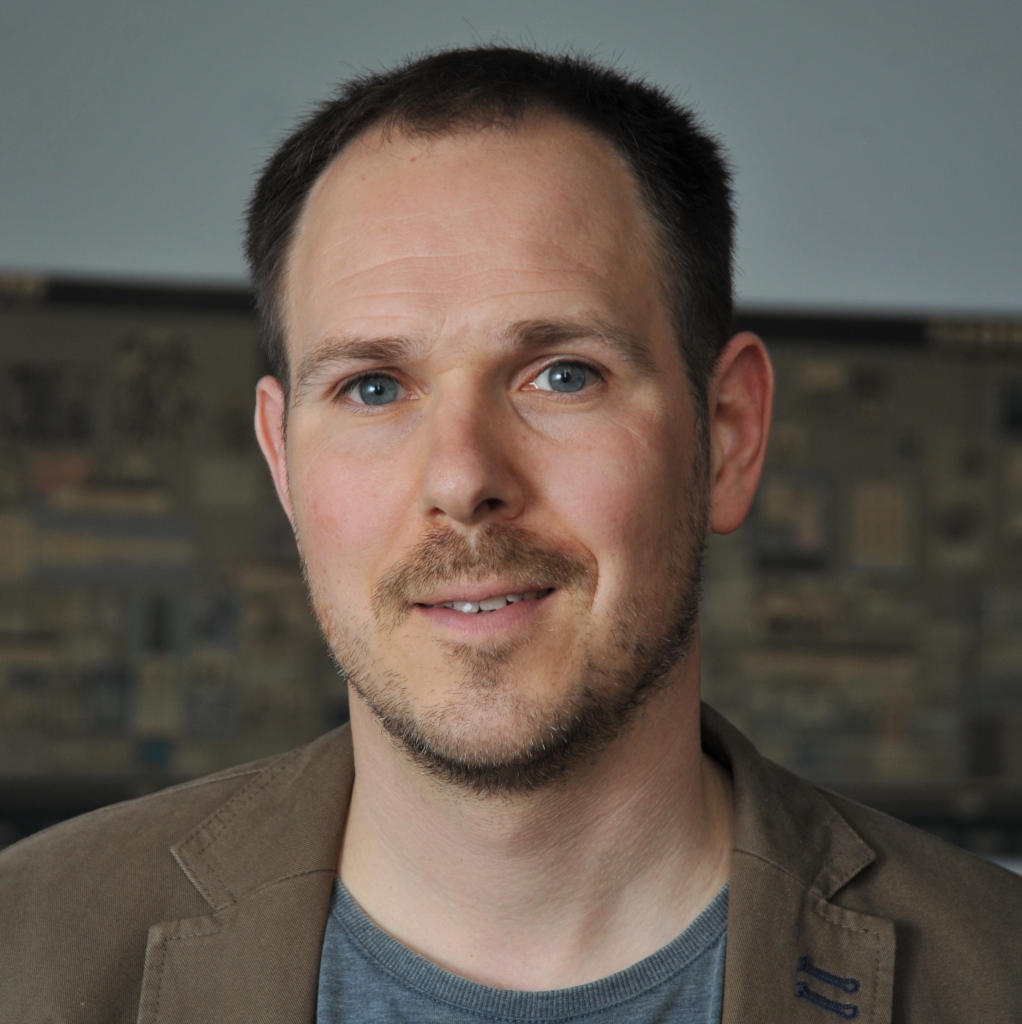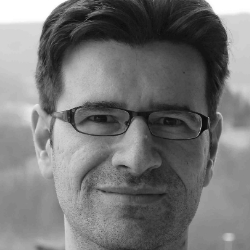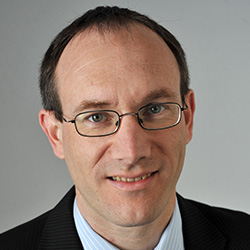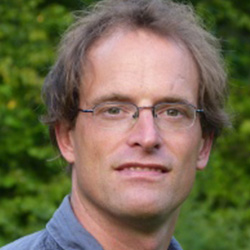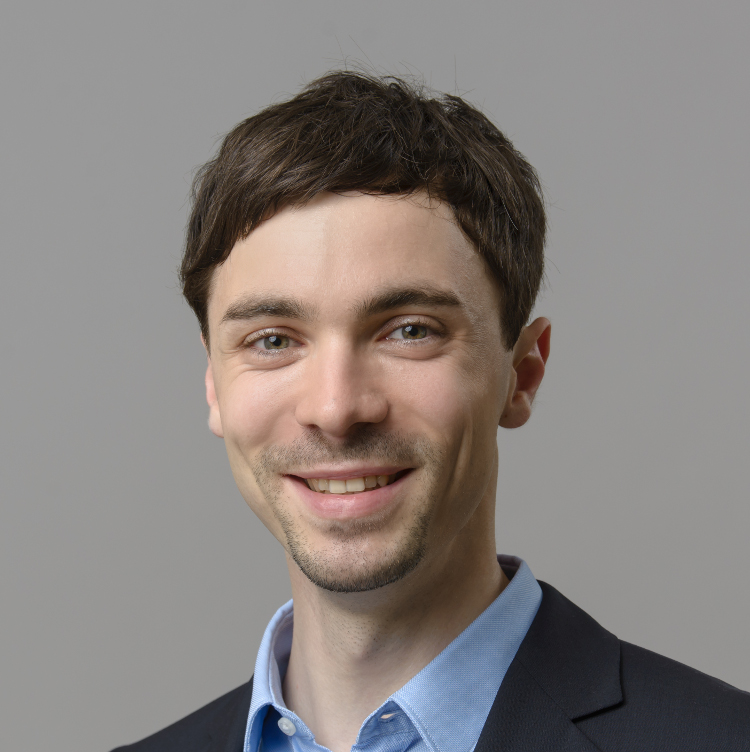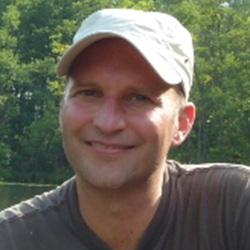Autumn School 2016
We will host an autumn school on “Dynamics of natural (eco)systems: theory and applications”. The School will be organized from MSCJ and directly supported by FSU Jena and MPI-BGC.
You can find the current program as pdf flyer by following this link.
Short Summary
Understanding the dynamics of natural systems is often a complicated endeavor and requires dealing with responses to a changing environment, unobservable system states, or abrupt transitions. Many natural systems (e.g. biological or ecological) might additionally experience modifications of their intrinsic dynamics over their lifetime e.g. through long-range evolution or short-term adaptation. This remark holds true at various levels of organization From single organs, over organisms, organismic interactions, ecosystem dynamics, to the entire coupled biosphere-climate system.
Typically, dynamic phenomena are investigated either from a theoretical point of view or by following a rather empirical path via observations. Today model-data integration opportunities also allow integrating theory and observations to gain a deeper insight into the behavior of natural systems. However, young scientists generally receive little training and insight into dealing with both empirical and theoretical approaches for achieving a better understanding of dynamical systems of interest.
This autumn school aims at bringing together PhD students and experts in multiple related fields ranging from autonomous and non-autonomous dynamical systems empirical analysis of nonlinear processes and model-data integration. Scientists experienced in applying novel concepts to study natural phenomena are bridging the gap between theory and application, hence offering novel perspectives to the students. This one-week autumn school aims at providing an overview of relevant developments in this very broad field to stimulate interdisciplinary dialogue and advance in the respective PhD (or potentially MSc. or PostDoc) projects. Hands-on tutorials will demonstrate to the students how recent methods can be effectively implemented and will give ample space to discuss applications to novel problems. We anticipate this autumn-school to significantly broaden the horizon of all participants and to become a catalyzer for a variety of interdisciplinary activities at the intersection of theory and empirical data exploration.
Administrative Issues
Date:
Mon, Sep 26, 2016 until Fr, Sep 30, 2016
Location:
Max-Planck-Institute for Biogeochemistry, Jena
Hans-Knöll-Str. 10
07745 Jena
Germany
Target audience:
- PhD students at any level with a natural sciences background; theoretical and quantitative interests are expected.
- Interested master student or young PostDocs are of course also welcome!
Application
We encourage students from all fields and institutions. Please note that we can only accept a very limited number of participants – the key selection criterion will be the letter of motivation. Students from the supporting graduate networks or graduate schools: please indicate your affiliation as we have a fraction of slots reserved for you.
Please send your application documents (CV and one-page motivation letter) to Alexander Freytag, alexanderDOTfreytagATuniMINUSjenaDOTde not later than August 15.
We received a great number of applications from all around the world and are currently in the process of selection. We will inform you not later than August 31.
Notifications of acceptance are out! We are looking forward seeing you in Jena!
Local organization committee:
Alexander Brenning, Ulrich Brose, Joachim Denzler, Alexander Freytag, Miguel Mahecha, Tobias Oertel-Jäger, Markus Reichstein, Carlos Sierra
We gratefully acknowledge support from the following institutions:
- Friedrich Schiller University Jena
- Max Planck Institute for Biogeochemistry
- CRITICS: EU Innovative Training Network “Critical Transitions in Complex Systems”
- yDiv: Young Biodiversity Research Training Group – yDiv!
- IMPRS-gBGC: International Max Planck Research School for Global Biogeochemical Cycles
- DAGM: Deutsche Arbeitsgemeinschaft für Mustererkennung e.V. (German Working Group for Pattern Recognition)
- Gesellschaft der Freunde und Förderer der Friedrich-Schiller-Universität Jena e.V.




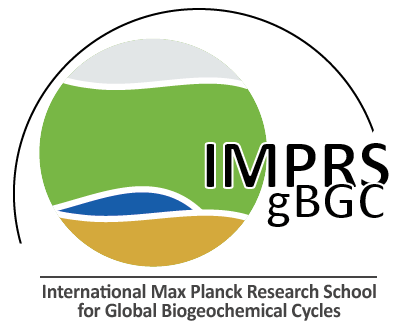
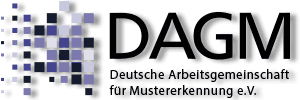
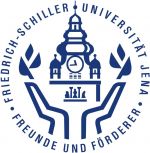
Detailed Overview
The program features a unique combination of theoretical courses, practical hands-on sessions, and social events.
Participants will learn how to model and discover patterns in real-world data obtained from ecological and biological systems, how to assess the system’s stability, and how to reason about unusual events. The course will have a strong focus on data science and model-data integration to reflect the growing need for well-educated interdisciplinary researchers at the intersection between computer science, mathematics, and natural sciences. With respect to research topics, the main focus will be on patterns in dynamical systems.
The course program combines several connected fields to strengthen the interdisciplinary profile of each applicant. Lectures are hold by leading experts from different fields, institutions, and countries. Theoretical concepts are linked to real-world examples in hands-on tutorials as well as show-cases in recent problem scenarios. In addition, participants will have the opportunity to present their ongoing research to senior members of our community.
General areas of research which are linked by the autumn school are:
- Data science
- Pattern recognition
- Dynamical systems
- Ecology and biodiversity research
- Geosciences
- Applied mathematics
A detailed overview on the suggested program can be seen below.
| Statistical concepts | Dynamical systems | Applications and Real-World Examples |
|---|---|---|
DAY 1
DAY 2
|
DAY 3
DAY 4
|
DAY 5
|
All participants will get access to provided source code and data sets used during the hands-on sessions and real-world example presentations. Thereby, re-usability of practical aspects is ensured and a successful knowledge transfer can be realized. Furthermore, the lecture slides will be made publicly available. In general, our long-term goal is to host a sequence of autumn schools in the upcoming years to educate master students and PhD students with respect to the upcoming challenges of data-intensive research.
